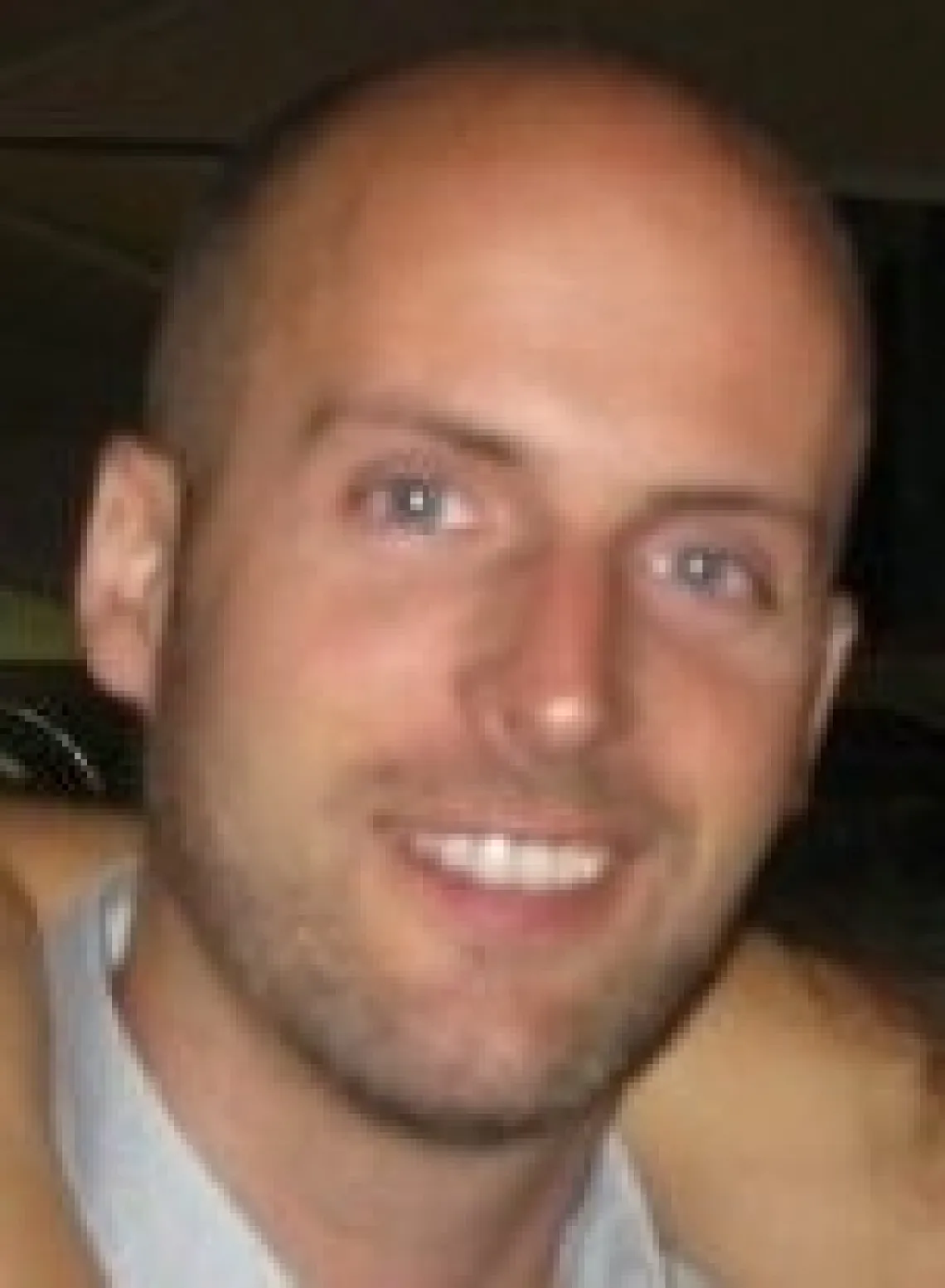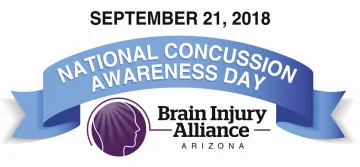The CACTI Blog: On Living the Social Life of TBI

I am a UA PhD candidate in anthropology and Sonoran UCEDD (SUCEDD) Diversity Fellow. My research focuses on the social aspects of Traumatic Brain Injury (TBI), a common yet largely misunderstood injury sustained by nearly 2.8 million Americans every year, according to the latest figures from the CDC. It is also one of the largest causes of death and permanent disability for those under 65 in the contemporary US, even though many TBI survivors show little to no outward signs of they impairments. My dissertation on "The Social Life of TBI" teases out the social impact and construction of these injuries, as survivors and those around them live the rest of their lives affected by them.

For my fellowship, I completed a project entitled "Living the Social Life of TBI: On the Value of Embodied Research in the Social Sciences." For it, I observed and recorded the interactions of my own diverse impairments and identity as a severe TBI survivor with my work and interactions with other survivors. I first noted each of the various impairments that comprise my disability, including:
- physical impairments like balance and coordination problems,
- emotional issues like anxiety and unpredictable mood swings,
- cognitive factors like memory and attention deficits, and
- interpersonal issues related to each of these.
Every day, I personally experienced and recorded how these impairments interacted with my work in the field. I noted these interactions on field notes covering narrative and semi-structured interviews with survivors, their friends and families, and local policymakers, weekly TBI Support Groups, and at formal and informal community events. I also kept a field journal where I reflected on the role my injury plays in my development as an anthropologist. Additionally, during this time, my project team at SUCEDD conducted monthly conference calls, during which I inform the team of my progress and help introduce them to social angles on TBI that they could use in their own projects in Arizona.
As part of the fellowship, I participated in the Association of University Centers on Disabilities (AUCD) learning community for Diversity Fellows across the UCEDD network, and was an active member of the learning community’s policy sub-group. I tried to bring in my background as a Master of Public Administration (MPA) and my work with non-profit health organizations to discuss various disability policy-related issues. My specific interests for this sector are in the intersection of disability and public health policy, as well as TBI survivors’ workplace and employment concerns (whether or not they identify as disabled and make use of ADA-guaranteed accommodations).
Ultimately, I hope to use my fellowship experience along with my dissertation to begin to spread awareness of the reality of TBI and all brain injuries on individuals, families, and communities. I am especially targeting it at local policymakers, as my research has found that they have enormous potential to mitigate the injury's most harmful social effects on survivors and those around them, including on the extremely high correlation between TBI and homelessness now being discovered in homeless populations throughout major US cities.
The CACTI Blog features the voices of our interdisciplinary trainees and Community Advisory Council members as they highlight diverse images of people with disabilities and provide community information and advocacy on disability issues. Check Out The CACTI Blog
